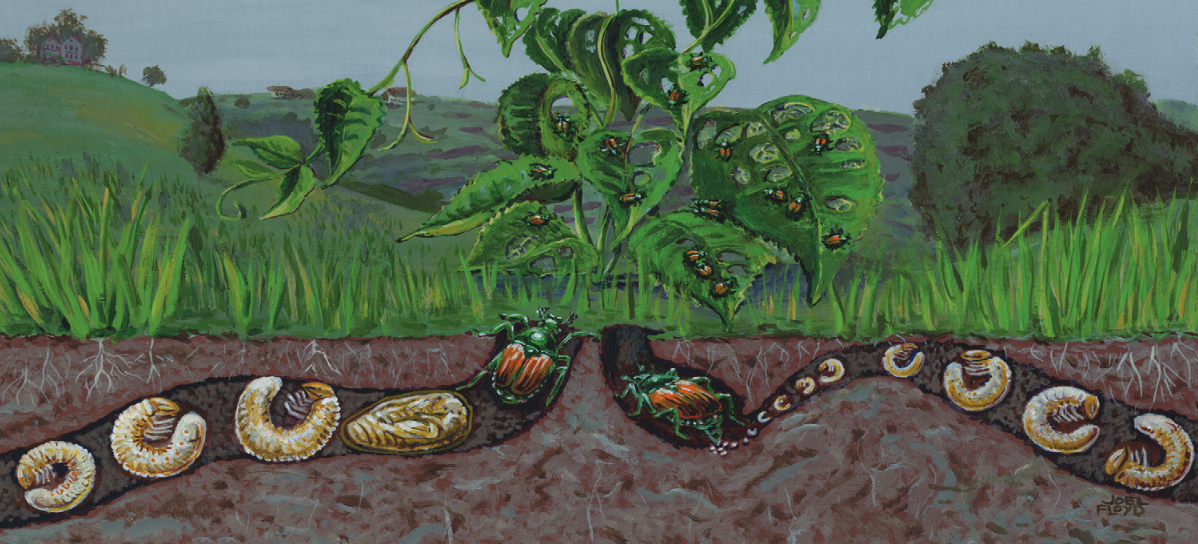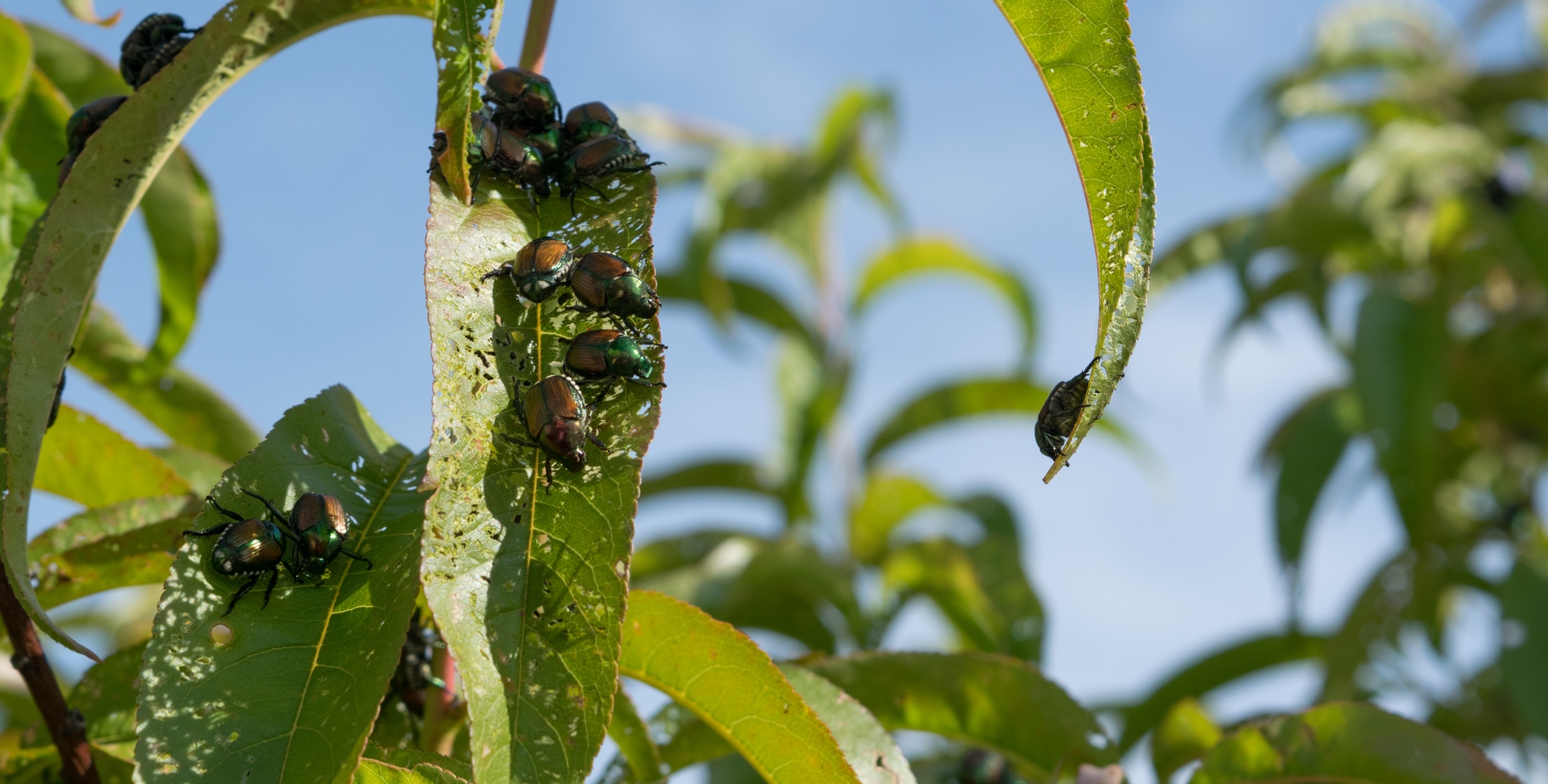
Pages
Project information
Partners in the IPM Popillia project:
Coordinator:
Agroscope
Dept. of Plant Protection
Ecological Plant Protection in arable crops
Reckenholzstrasse 191, CH - 8046 Zurich
phone: +41 (0)58 468 7597
www.agroscope.ch
Participants:
|
Participant No. |
Participant organisation name |
Country |
|
1 |
Eidgenössisches Departement für Wirtschaft, Bildung und Forschung – Agroscope (WBF-Agroscope) |
CH |
|
2 |
Università degli studi di Siena (Unisi) |
IT |
|
3 |
E-nema Gesellschaft für Biotechnologie und Biologischen Pflanzenschutz mbH (e-nema) |
DE |
|
4 |
Pessl Instruments GmbH (Pessl) |
AT |
|
5 |
Spotteron Gmbh (Spotteron) |
AT |
|
6 |
Vignaioli Piemontesi S.C.A (Vignaioli Piemontesi) |
IT |
|
7 |
Institut national de la recherche agronomique (INRA) |
FR |
|
8 |
Consiglio per la ricerca in agricoltura e l’analisi dell’economia agraria (CREA) |
IT |
|
9 |
Technische Universität München (TUM) |
DE |
|
10 |
Dipartimento dell'economia, Sezione dell'agricoltura, Servizio fitosanitario Ticino (SFTi) |
CH |
|
11 |
Regione Piemonte - Settore Fitosanitario e servizi tecnico-scientifici (Regione Piemonte) |
IT |
|
12 |
Fundação Gaspar Frutuoso (FGF) |
PT |
|
13 |
Jardin Suisse (Jardin Suisse) |
CH |
The aim of IPM-Popillia is to address the challenge of a new risk to plant health in Europe, the invasion of the Japanese beetle, Popillia japonica. This pest was introduced accidentally to mainland Europe in 2014 and can easily spread in the course of trade and the movement of goods and people. P. japonica threatens the entire agricultural sector, urban landscapes, and biodiversity in invaded areas.
To get in contact with the coordinator of the project:
Agroscope
Dept. of Plant Protection
Ecological Plant Protection in arable crops
Reckenholzstrasse 191, CH - 8046 Zurich
email: This email address is being protected from spambots. You need JavaScript enabled to view it.
phone: +41 (0)58 468 7597
-
About the IPM-Popillia project
» Read more...The aim of IPM-Popillia is to address the challenge of a new risk to plant health in Europe, the invasion of the Japanese beetle, Popillia japonica. This pest was introduced accidentally to mainland Europe in 2014 (EPPO 2014) and can easily spread in the course of trade and the movement of goods and people. P. japonica threatens the entire agricultural sector, urban landscapes, and biodiversity in invaded areas.
Prevention of the species’ invasion faces two constraints: The possibilities to restrict the movement of goods and people are limited, and successful eradication of the population established south of the Italian-Suisse border is impossible.






